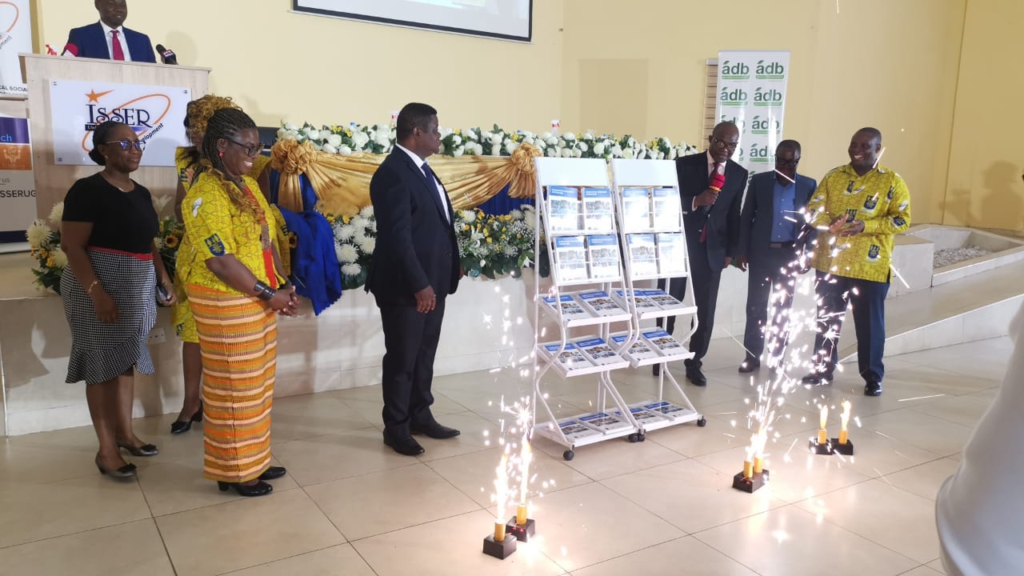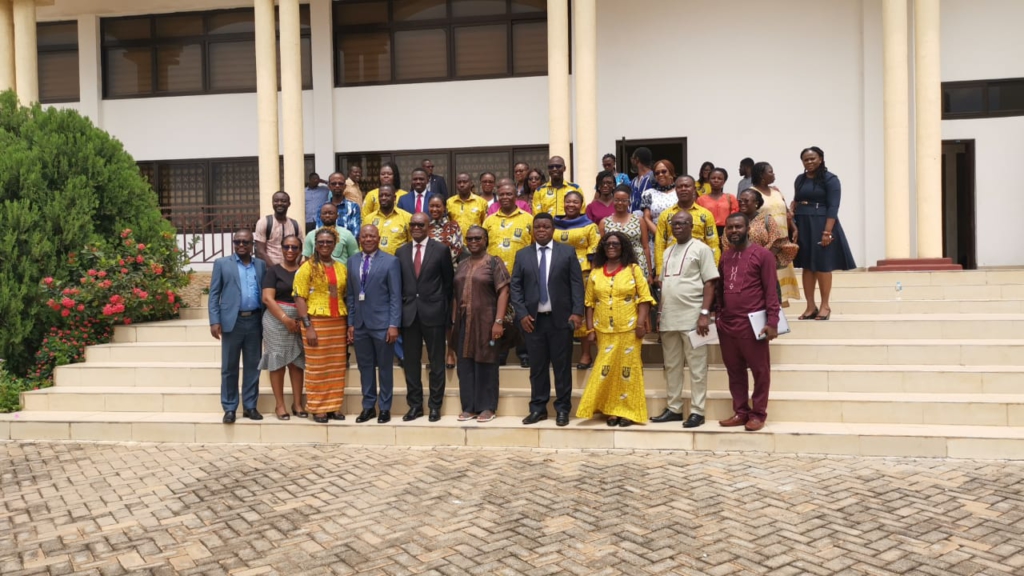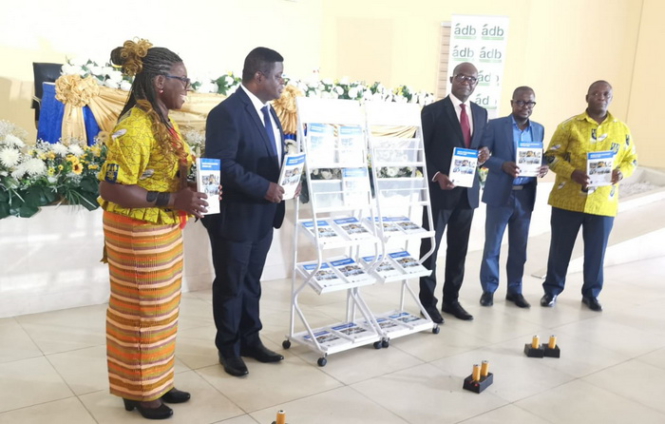
Audio By Carbonatix
The Ghana Social Development Outlook Report (GSDO) launched at the University of Ghana has revealed that there has been a decline in enrollment in primary and Junior high schools.
According to the 2022 report, enrolment at the Primary level declined from an average of 91 percent in 2016 to 80 percent in 2020 while the Junior High School enrolment also fell from 50 percent to 45 percent within the same period.
The GSDO report is a biannual research finding published by the Institute of Statistical, Social and Economic Research (ISSER) of the University of Ghana.
Speaking at the launch, the Director of ISSER, Professor Peter Quartey explained the drop was mainly attributed to waning school feeding.
“In terms of education, we saw that net enrolment although picked up, started declining in some areas particularly because for some particular areas, it is a school feeding, capitation grant, and some of the support that comes from government that enhances the net enrolment. Therefore where there are challenges, the numbers will go down,” he said.

The director stressed that “the decline in enrolment at the JHS and primary levels is a reflection of a situation of ‘taking our eyes off’ the basic education sector.”
To address the decline, the 2022 GSDO report recommended balanced funding to address the quality imbalance and engaging of relevant stakeholders.
It also called for a national discussion on free senior high school policy financing and continuous monitoring and evaluation.

The report in its sixth edition also highlighted 10 thematic social sectors namely;
- Education
- Health
- Water and sanitation
- Housing
- Employment
- Energy
- Environment
- Gender
- Social relations and
- Population
Again, elaborating on the same issue on the MiddayNews on JoyFM, the Head of the 2022 GSDO report, Dr Martha Awo said the study also found that the decline in enrolment was largely attributed to delay in the payment of capitation grant.
“The payment of capitation grants to various schools usually delays and the amount of GH¢4.50 is woefully inadequate. Apart from that, payment of caterers has been stalled for some time, and in most part of the poverty-stricken areas most of the caterers have laid down their tools,” she said.
She continued that findings on the ground show that children in the northern part of the country leave school after noon due to hunger, further accounting for the significant decline in enrolment.
Dr Awo recommended that the same support given to Senior High Schools (Free SHS policy) must be extended to the Primary and Junior High School levels.
Latest Stories
-
ECG to cut power in parts of Accra West on February 11 for planned maintenance
4 hours -
BoG announces guidelines to govern foreign exchange spot interventions
4 hours -
Intelligence report uncovers weapons transfers under Sudanese Army oversight to South Kordofan
4 hours -
119 people died during mediation efforts in Bawku conflict – Mahama
4 hours -
Trade Ministry to lead raw material expansion for 24-hour production, youth jobs & exports
5 hours -
Migration induced by coastal erosion: The Shama experience
5 hours -
Ghana’s economy to expand by 5.67% in 2026
5 hours -
A/R: ECG surcharges over 2,200 customers for illegal connections, recovers over GH¢4.3bn in 2025
5 hours -
With galamsey still ongoing, who is buying the gold? – Oppong Nkrumah questions gov’t
5 hours -
Avoiding Fiscal Risks in GCR’s deal with GoldBod
5 hours -
Suame Interchange won’t affect NPP votes in Ashanti – Asenso-Boakye
5 hours -
Mahama receives Transition Committee report on UGMC transfer to University of Ghana
5 hours -
Quiz Talk National STEM Programme instituted to boost innovation in basic schools
5 hours -
Unemployed graduates with disabilities engage Gender Minister on jobs and inclusion
5 hours -
Parliament approves GH¢2.9bn for Ghana Medical Trust Fund
5 hours

